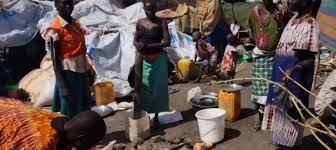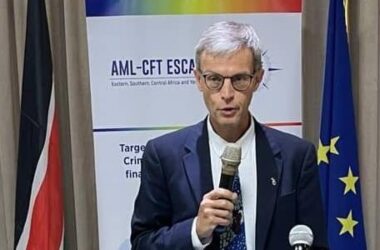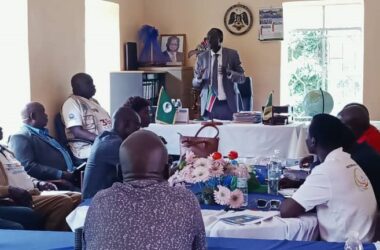By Jacob Onuha Nelson
Chiefs from the Balanda Community have called for urgent humanitarian assistance to support internally displaced persons (IDPs) in Yambio County, Western Equatoria State (WES).
In a statement on Tuesday, June 17, 2025, the community urged humanitarian actors to intervene in the humanitarian crisis.
“We, the undersigned chiefs and representatives of the Balanda community based in Juba, write with deep concern to urgently appeal for humanitarian support for IDPs who continue to suffer as a result of the recent political and military crisis that erupted in early 2025 in parts of WES,” the statement stated.
This call for assistance follows a political transition in February 2025, which resulted in the removal of former governor Alfred Futuyo. This shift triggered targeted violence that spread to Tombura and Yambio counties.
The community said the attacks led to mass displacement, destruction of homes, looting of livelihoods, and the killing of civilians, including students.
The community leaders emphasized the urgent need for intervention to address basic human needs.
“We respectfully and urgently appeal for your intervention in the following ways: immediate provision of food, non-food items (NFIs), clean water, and shelter for displaced families in Tombura, Nagero, and Yambio; distribution of medical supplies and deployment of mobile health clinics to remote and affected areas; and diplomatic engagement with national and state authorities to halt hostilities, lift discriminatory restrictions, and investigate alleged abuses,” it urged.
The chiefs also called for mechanisms to document human rights violations and ensure justice for victims, stressing the importance of humanitarian principles, civilian protection, and peacebuilding as enshrined in the R-ARCSS and international humanitarian law.
“The suffering of our people is real, and the time to act is now. Delayed responses risk deepening the crisis and widening the gap between communities, making long-term peace and reconciliation increasingly difficult,” the statement concluded.



